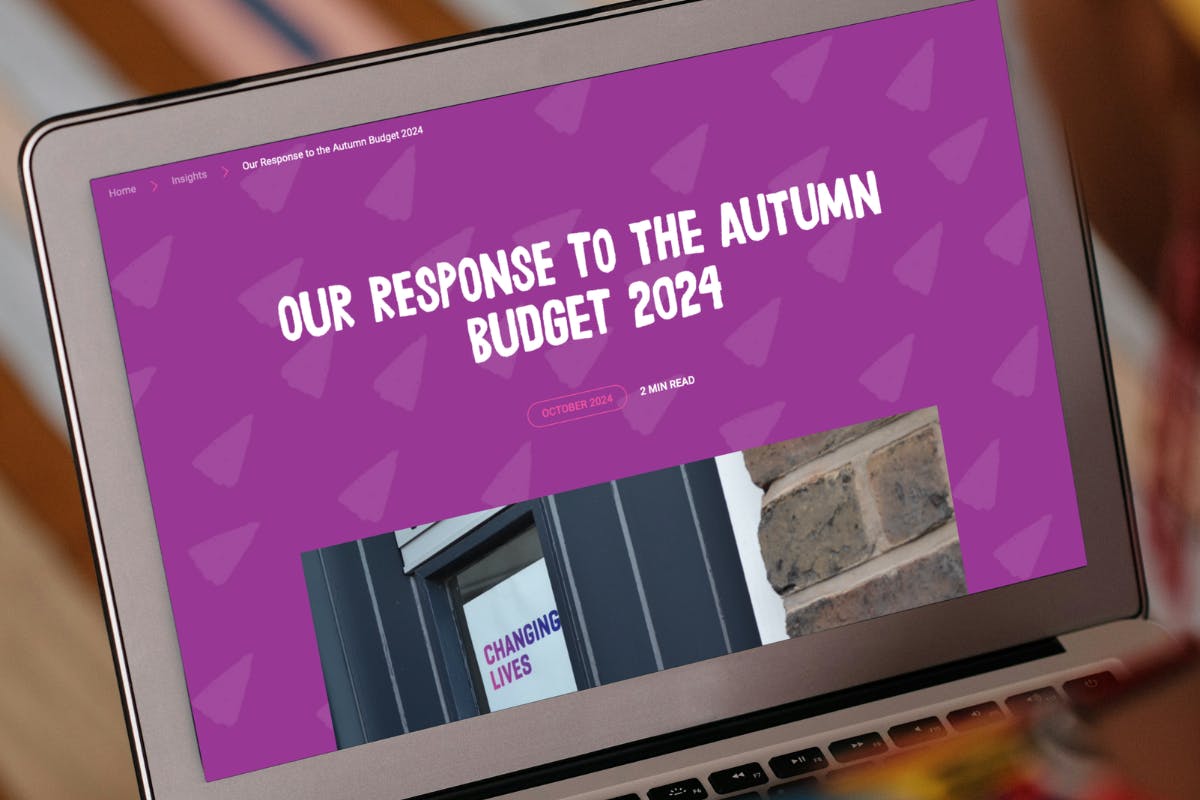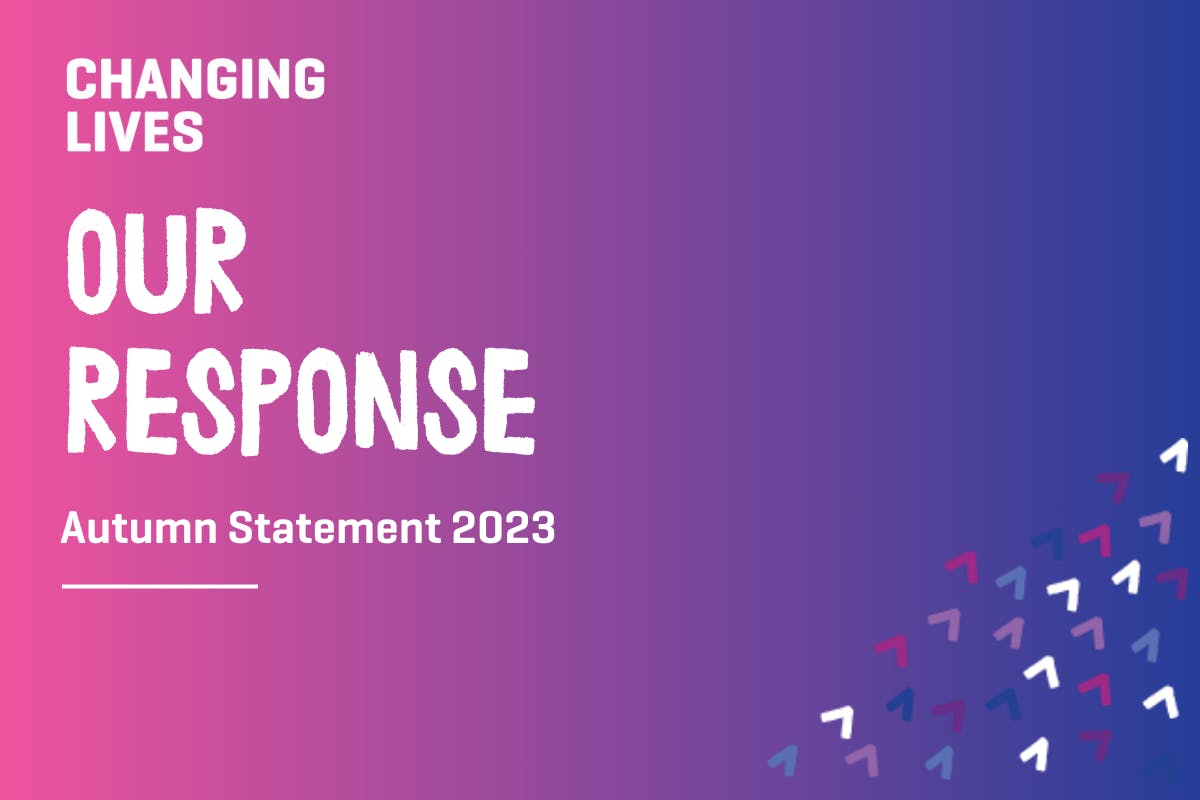Our Policy Manager Philippa Rousell responds to the Get Britain Working white paper recently presented to Parliament by the Secretary of State for Work and Pensions, Chancellor of the Exchequer, and Secretary of State for Education by Command of His Majesty.
This week the government published its Get Britain Working White Paper, setting out its plans to raise the country’s employment rate. The challenge they’re facing is that the UK is the only major economy that has seen its' employment rate fall over the last five years, largely driven by a significant rise in the number of people out of work due to long-term ill health.
Covid-19 will have been a big driver of this, with both people whose work has been affected by those with long-term after effects of the virus and those whose mental health suffered during lockdown. But the same is true of many other countries - so what’s been going on in the UK?
The government has identified several issues with our current system. As well as being too centralised and siloed, the focus has been on the wrong thing – unemployment at the expense of economic inactivity; benefits and compliance at the expense of actually supporting people into meaningful work.
If the balance can genuinely be shifted, that is something we very much welcome. We’ve been saying for a while that an overly punitive focus on sanctions isn’t effective, and sometimes pushes people even further from the job market. One of the core announcements is overhauling jobcentres so staff can offer a more personalised service. The exact approach to this will be developed and tested by local areas to see what works. This all sounds great on paper, but they have also said that the current conditionality requirements will remain. We will have to wait and see how they manage this change in approach, while still having the same threat of sanctions hanging over people.
It’s also great to see a more local, joined-up approach to employment support. Mayors and local authorities will be given greater powers to join up local work, health and skills support. Eight trailblazer areas will be established while other areas will be supported to develop their own Get Britain Working Plan. This move towards locally-led responses could open the door to innovative ways of working. Once the development and testing phase is over, we hope this will lead to sustainable funding for employment services, unlike the current picture of short-term funding pots.
Ill-health has been identified as one of the major barriers to work and forms part of the government’s wider plans to reform the NHS and get the nation healthier. Mental health in particular will be targeted, with additional mental health staff and expanded access to Individual Placement and Support (IPS) for severe mental illness. Other barriers like criminal records are also identified.
This welcome focus on barriers to work feeds into the government’s underlying principle that those who can work should work. This is not a bad principle in itself, but historically there has not been enough care given to considering who ‘can work’. This is often thought about only in terms of health or caring commitments, but we need to also consider things like housing situation or experiences of trauma and ensure people are given the right support so they genuinely can work.
For example, we have people living in supported accommodation who are ready and willing to work, yet find themselves faced with high rent bills if they start working and lose their housing benefit before they’ve secured their own private or social tenancy. The way that funding for social accommodation works is not adapted to those who gain employment while living there. So if the government wants to boost its employment rate, this is one of the areas they might want to look at.
In summary, there are many welcome measures in the White Paper and we look forward to working with our regional mayors and local authorities to create a system that allows people to flourish in meaningful work.






